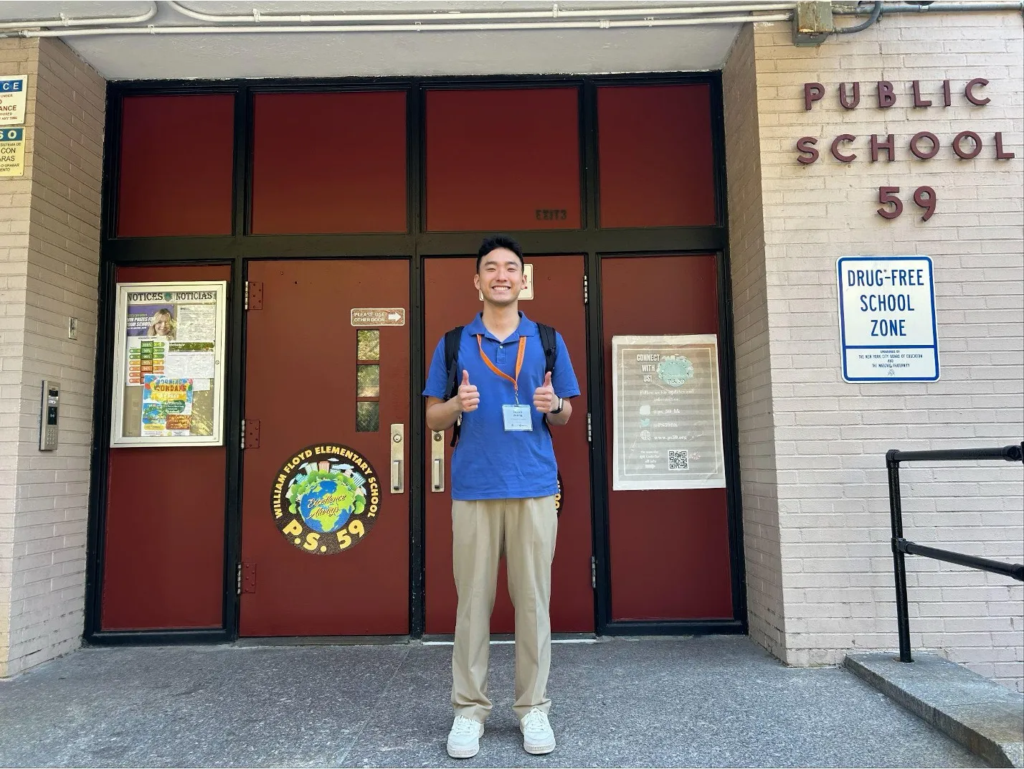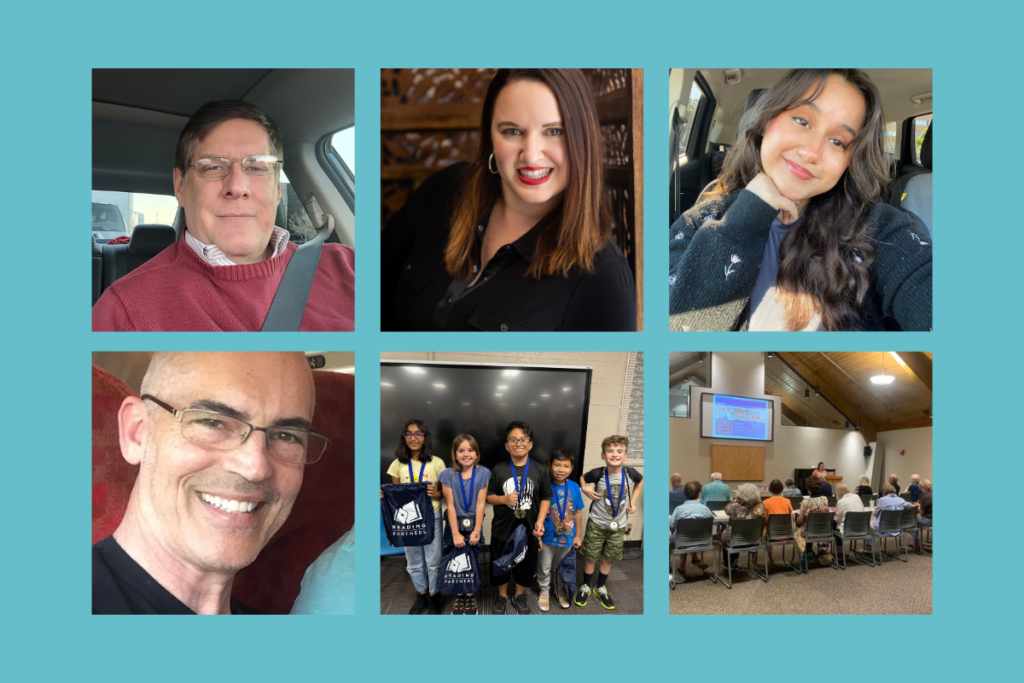New Research Shows Success of Tutoring Program
August 25, 2014
CNCS Blog / Posted June 11, 2014 / Source
By Michael Smith
Social Innovation Fund and AmeriCorps play key roles in helping Reading Partners boost reading proficiency among elementary students.
Three years ago, the Social Innovation Fund, the Edna McConnell Clark Foundation, and co-investors in the True North Fund awarded Reading Partners more than $7 million to scale its program to elementary schools nationwide, while evaluating the effectiveness of the program — which had already shown preliminary evidence of impact. Today, I am delighted to share with you a summary of the early results of this evaluation.
Reading Partners has grown to serve more than 7,000 students in more than 130 schools.
Reading Partners, the 15-year-old nonprofit established in the California Bay Area, helps elementary school students who are 6 to 30 months behind in reading reach the proficiency level of their peers. Since its founding, Reading Partners has grown to serve more than 7,000 students in more than 130 schools throughout California, Colorado, Maryland, New York, Oklahoma, South Carolina, Texas, and Washington, DC.
Reading Partners offers a successful one-on-one tutoring program delivered by volunteers to struggling readers in low-income elementary schools. Reading Partners’ literacy curriculum is specifically customized and designed for volunteer tutors to support the highest-need students identified by reading assessments. Reading Partners has also been able to expand with the support of AmeriCorps, whose members play an important role in carrying out the literacy intervention, including recruiting, training, and supervising community volunteers.
Why is Reading Partners so important? It’s simple. Students who struggle with reading are on a path that – without timely and successful intervention – can lead to a high risk of academic failure, high school dropout, and other negative outcomes. Improving reading skills in elementary school is of vital importance because students arriving in middle school already behind are in danger of failing or eventually dropping out. Furthermore, reading proficiency and confidence are the building blocks of academic excellence and have a significant effect on job readiness, performance, and the ability to obtain key life skills.
MDRC, an independent education and social policy research firm, reported data from the U.S. Department of Education’s National Center for Education Statistics, which reveal that, “nationwide, two out of three fourth graders are reading below grade level, and almost one-third of children lack even basic reading skills.” The reported numbers are even more concerning for children in low-income families, with 80 percent reading below grade level. This alarming situation triggered various educational reform efforts; yet progress has only been made incrementally. However, research has shown that one-on-one tutoring has shown the greatest promise in improving reading proficiency.
For the past three years, MDRC has been studying the Reading Partners program and expansion through a rigorous random assignment design. The evaluation was conducted during the 2012-2013 school year in 19 schools in three states, and involved 1,265 students. In their newly released policy brief, Reading Partners: The Implementation and Effectiveness of a One-on-One Tutoring Program Delivered by Community Volunteers, MDRC outlines encouraging findings:
- After one year, Reading Partners has boosted three different measures of reading proficiency, including reading comprehension, for second to fifth graders.
- Tutoring by community volunteers twice a week for 45 minutes each session resulted in an additional 1.5 to 2 months of growth in literacy for Reading Partners students.
- Exploratory analyses suggest that Reading Partners may have been particularly effective for the lowest-achieving students.
- Reading Partners, when delivered on a large scale and implemented with fidelity, can be an effective tool for improving reading proficiency.
Reading Partners perfectly exemplifies the Social Innovation Fund’s goal of finding what works and making it work for more people. Their positive early evaluation results clearly demonstrate why our nation’s children benefit from organizations like Reading Partners that are committed to innovation, impact, and results. We’re enthusiastic about these early findings, look forward to the next phase of the project, and hope that organizations working in early literacy will take note and learn from these results.
Michael Smith is the Director of the Social Innovation Fund at the Corporation for National and Community Service.



